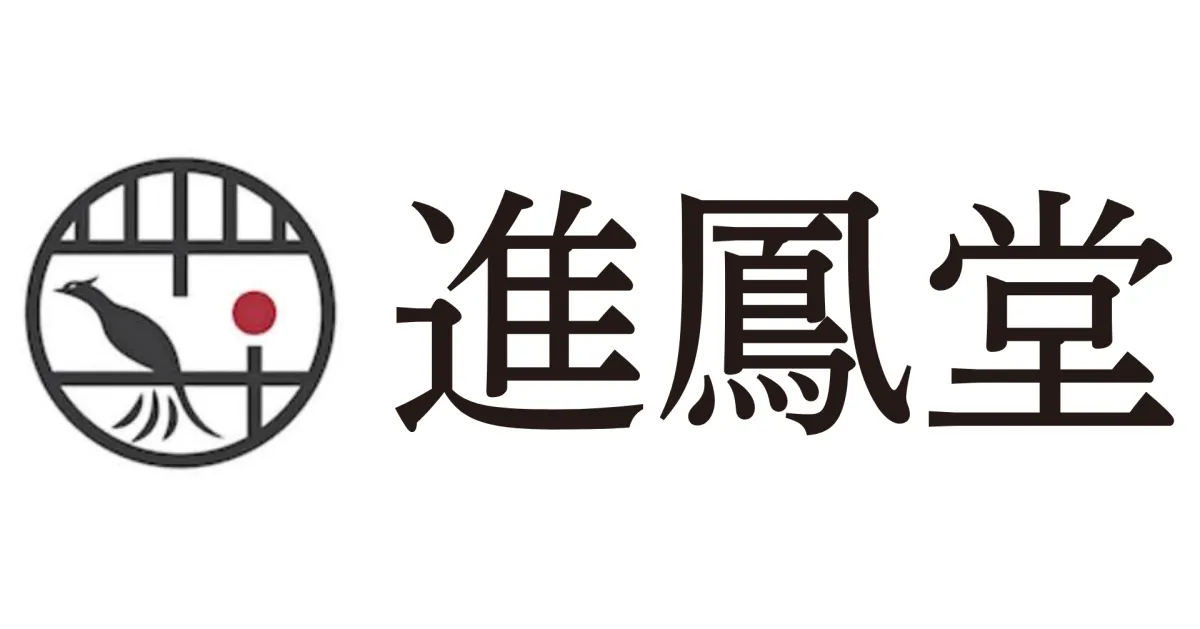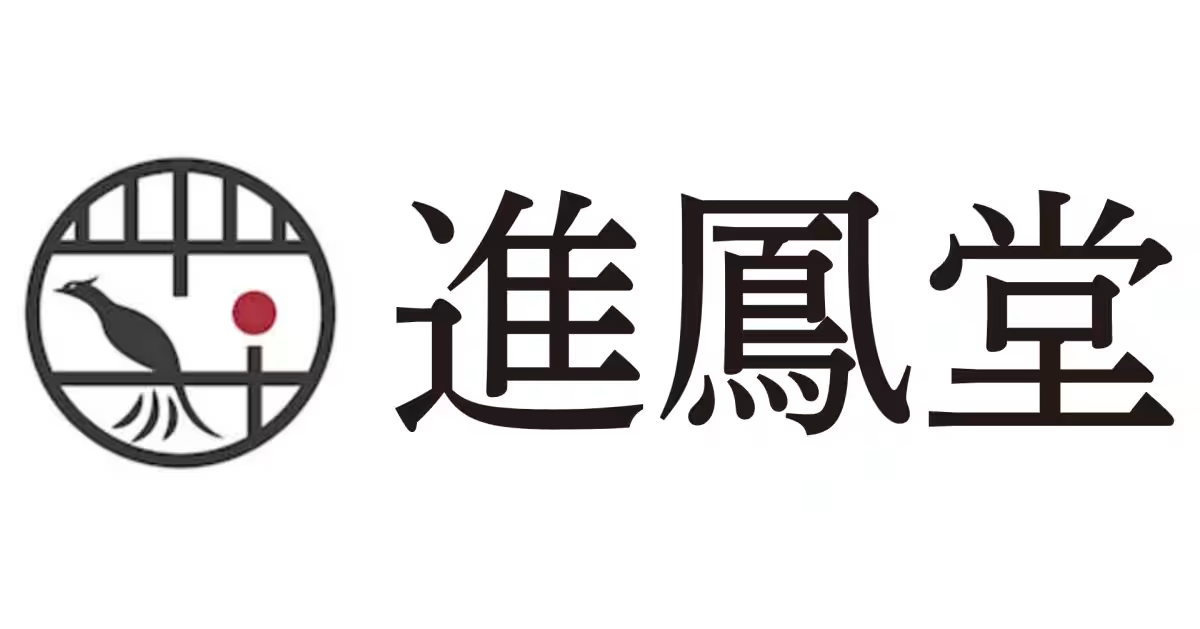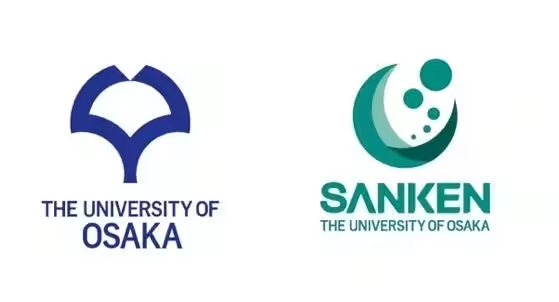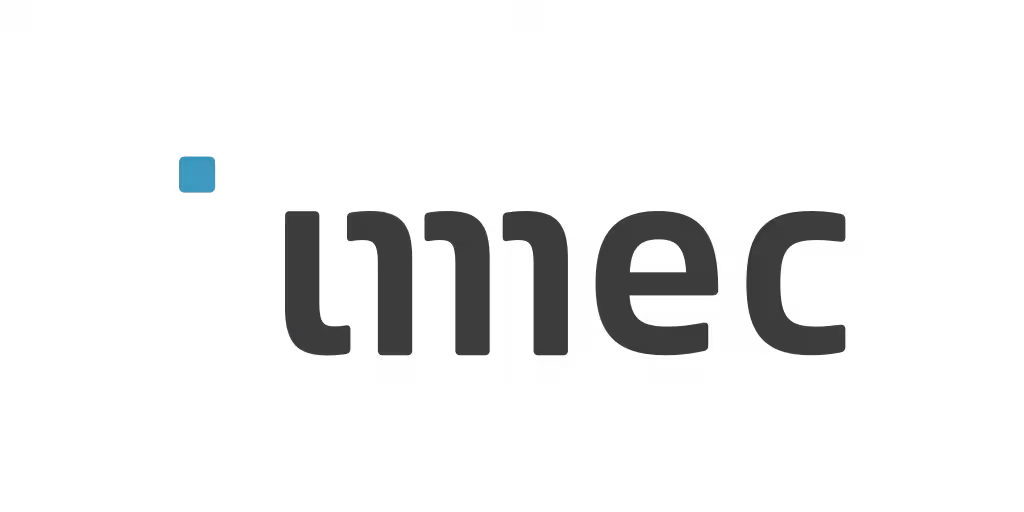

New Research Reveals Brain Activity Links to English Proficiency Levels in Learners
Identifying English Proficiency by Frontal Theta Activity During Learning
On May 13, 2025, a groundbreaking study conducted by Shinhodo Inc., in collaboration with Osaka University’s Institute of Industrial Science, the Graduate School of Human Sciences, and Interuniversity Microelectronics Centre (imec), was published in the international journal 'Discover Education' by Springer Nature under the title "Identifying English Proficiency by Frontal Theta Activity During English Learning." This research introduces a non-invasive and rapid method to assess learners' English proficiency by analyzing EEG (electroencephalography) data during the learning process.
Background and Objective
In an era of increasing globalization, proficiency in English has become essential for communication in research and business sectors. Accurately measuring learners' proficiency is crucial in English education, but traditional testing methods often require significant time and effort to prepare and administer. This study aims to utilize EEG to measure the concentration levels of learners, establishing a new evaluation index for English proficiency.
Overview of Research Findings: Identifying Proficiency through Theta Activity
In this study, the researchers investigated the correlation between frontal theta activity (a specific brain wave pattern) during English learning sessions and the learners’ proficiency levels.
Key Findings
The analysis revealed that learners classified as English beginners, indicated by TOEIC scores below 730, exhibited lower frontal theta activity compared to advanced learners, who scored above 730. This finding implies that the difference in proficiency levels reflects varying degrees of concentration during learning. The research demonstrates the potential for objectively measuring English proficiency through brainwave activity, independent of conventional testing methods.
Future Prospects: Enhancing Learning Experiences through Neuroscientific Approaches
Shinhodo plans to strengthen partnerships with academia, particularly with Osaka University, to continue research and implementation geared towards optimizing learning through EEG measurement and evaluation. The implications of this research extend beyond education into fields such as healthcare, corporate training, and cultural education, aiming to promote a globally recognized 'Neuroscience EdTech' model originating from Japan.
Published Research Details
- - Title: Identifying English Proficiency by Frontal Theta Activity During English Learning
- - Journal: Discover Education (Springer Nature)
- - Authors: Taweesak Emsawas, Tsukasa Kimura, Shintaro Ogura, Hironori Morita, Ergashov Abdullajon, Bernard Grundlehner, Mototsugu Ogura & Masayuki Numao
- - Publication Date: May 13, 2025
- - DOI: https://doi.org/10.1007/s44217-025-00517-3
Collaborative Research Framework
- - Shinhodo Inc.
- - Osaka University Institute of Industrial Science
- - Osaka University Graduate School of Human Sciences
- - Interuniversity Microelectronics Centre (imec)
This research was supported by the Japan Science and Technology Agency (JST) under the Center of Innovation (COI) program (Project No: JPMJCE1310).
Company Overview
- - Company Name: Shinhodo Inc.
- - Location: 2-14-14-208 Takanawa, Minato-ku, Tokyo
- - Representative: Shintaro Ogura (CEO)
- - Business Sectors: Education, Language Education, EdTech, Neuroscience, Promotion of Japanese Culture, Inbound Services
Contact Information
Shinhodo Inc.
TEL: 03-3445-6046
E-mail: [email protected]
Osaka University Institute of Industrial Science Press Office
TEL: 06-6879-8524
E-mail: [email protected]



Topics Other)










【About Using Articles】
You can freely use the title and article content by linking to the page where the article is posted.
※ Images cannot be used.
【About Links】
Links are free to use.